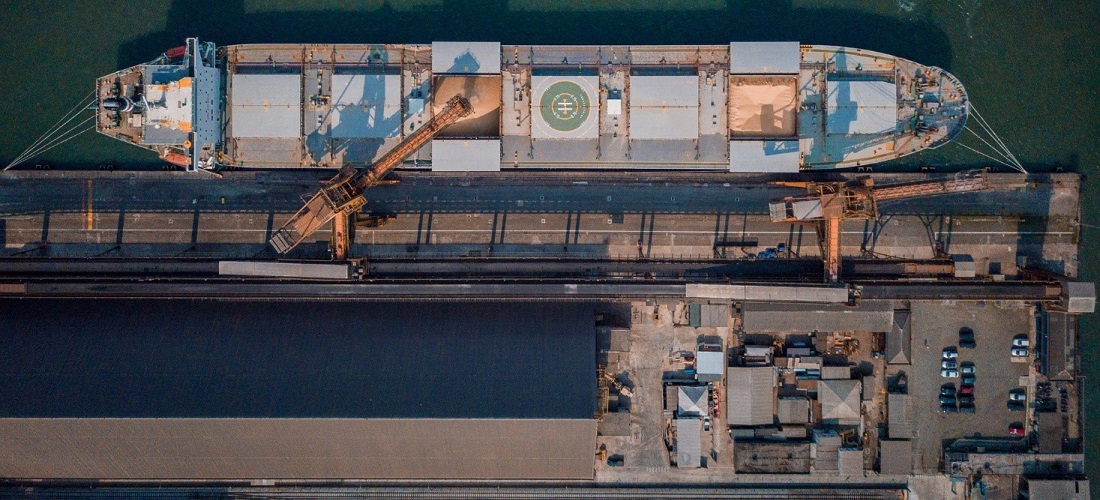
Refueling challenges at Port of Santos drive operators to million-dollar losses
Feb, 26, 2024 Posted by Gabriel MalheirosWeek 202409
São Paulo State Union of maritime agencies Sindamar has run into complications in refueling cargo ships at the Port of Santos for at least two years. The organization estimates an aggregate loss of over US$4 million and notes that two of the seven bunker operation barges (fuel) are out of service.
In an interview, Sindamar’s Executive Director, José Roque, stated that the subject has been brought up with Petrobras, the National Agency of Petroleum, Natural Gas and Biofuels (ANP), and Transpetro since 2022 through official means.
A Tribuna original report had access to documents sent by Sindamar, dated April 11, 2022, and July 31, 2023, reporting “deficiencies in ship refueling services.”
In a response sent by Transpetro, a Petrobras logistics subsidiary, to the union on August 30, 2023, expressed its intention to seek an agreement with Sindamar to “align improvements in bunker operations on the São Paulo coast.”
“According to reports from our associated maritime agencies, difficulties in refueling ships are constant, leading to delays in vessel departures and, at times, cancellations of dockings due to fuel shortages or insufficient barges to meet ship refueling needs,” said José Roque.
He explained that seven barges managed by Transpetro are used in bunker operations at the Port of Santos. However, last week, two were out of service for maintenance with no scheduled return date.
Roque also explained the union’s role in finding solutions. “Although most ship refueling contracts are concluded abroad through brokers (professionals who facilitate ship chartering), it is the maritime agent, at the end of the consumption chain, who is responsible for observing, supervising, and representing the ship during refueling.”
According to the representative of maritime agencies, losses already exceed US$4 million due to route changes, additional calls for refueling, refueling delays, berth changes in Santos, reduced supplied tonnage, and additional expenses for port infrastructure, tugboats, and pilotage, among others.
Roque states that the daily cost of a ship can range from US$25,000 to US$100,000 depending on the type of vessel and cargo. Additional costs due to refueling difficulties range from US$50,000 to US$80,000.
“The cost of a tramp-type ship, which unloads or loads commodities, varies from US$35,000 to US$45,000 per day, plus the fuel cost. To avoid skipping a stop at the next calling port, the ship sails at full speed, burning three times more fuel than in normal navigation. This procedure is equivalent to a container ship with a daily cost of US$80,000 to US$100,000,” explained the executive director of Sindamar.
See below container exports and imports between Jan 2019 and Dec 2023. The data is from DataLiner.
Port of Santos | Exports & Imports | Jan 2019 – Dec 2023
Source: DataLiner (click here to request a demo)
When contacted, the National Agency of Petroleum (ANP) issued a written statement, saying it “constantly monitors fuel supply conditions and, in recent days, the agency has not heard of fuels being unavailable for sale. ANP is contacting suppliers and, if necessary, will also contact Transpetro.”
In turn, Petrobras issued the following statement:
“Petrobras seeks to clarify that it faced a temporary restriction in part of its logistical capacity to deliver maritime fuels (‘bunker’) at the Port of Santos due to two tugboats that had mechanical problems. However, the issues have been resolved, and the tugboats have returned to operation. These tugboats are responsible for moving two barges that partially make up the fleet that supplies fuel to ships in the port area of Santos.”
Source: A Tribuna
Click here to read the original text: https://www.atribuna.com.br/noticias/portomar/operadores-no-porto-de-santos-tem-prejuizo-milionario
-
Sugar and Ethanol
Jul, 11, 2023
0
How Brazil ethanol benefits from the US biofuel breakthrough
-
Economy
Feb, 10, 2022
0
Plate region: Uruguayan foreign trade stands out in 2021
-
Ports and Terminals
Nov, 07, 2022
0
Ship runs aground in the Port of Itajaí during maneuver
-
Shipping
Dec, 14, 2023
0
Maersk invests in integrated logistics


